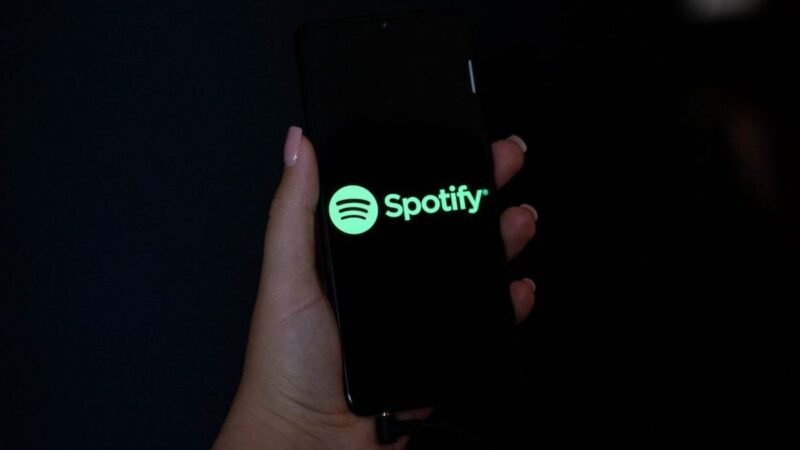Quick Takeaways
-
False Claims Clarified: Spotify publicly refuted misinformation suggesting it modified its terms to transfer artists’ rights to third parties, emphasizing that the updated terms do not affect artists’ distribution rights.
-
User-Focused Terms: The new terms apply to listeners, enabling features like user-created playlist covers and comments on podcasts, aligning with standard practices on streaming platforms.
-
Artist Compensation Criticism: Ongoing criticism regarding insufficient artist compensation persists, highlighted by proposed legislation like the Living Wage for Musicians Act to increase streaming royalties.
-
Improved Payments: Spotify claims it paid out $10 billion to the music industry in 2024, asserting that payment structures for artists are improving despite prevailing concerns.
Spotify’s Response to Misinformation
This week, Spotify addressed claims circulating within the creative community. Artists, including @chantmagick, alleged that the streaming giant altered its terms to transfer rights to third parties. Such accusations ignited concerns among creators about losing control over their work. In response, Spotify categorically denied these claims. The company reassured users that the updated terms impact only listeners, not the rights of artists, podcasters, or authors.
Spotify clarified that the new terms enable features like custom playlist covers and user comments. These enhancements reflect a broader industry trend toward involving listeners in the content experience. By allowing user-generated content, Spotify aims to foster community engagement rather than undermine artistic rights.
Ongoing Criticism and Compensation Issues
Despite its clarification, Spotify continues to face scrutiny over artist compensation. Many musicians argue they receive insufficient royalties for their streaming plays. In response to these ongoing concerns, some lawmakers have introduced legislation aimed at providing a more equitable payment structure for musicians.
Currently, artists earn a fraction of a cent per stream, which many believe fails to reflect their contributions. Nevertheless, Spotify claims to prioritize fair payments, stating it disbursed $10 billion to the music industry in 2024. This assertion suggests a commitment to supporting creators, even if challenges remain.
As the debate continues, the balance between providing value to listeners and fairly compensating artists remains crucial. The evolution of streaming platforms will undoubtedly influence how we consume music and how artists navigate their creative journeys.
Discover More Technology Insights
Learn how the Internet of Things (IoT) is transforming everyday life.
Access comprehensive resources on technology by visiting Wikipedia.
TechV1

